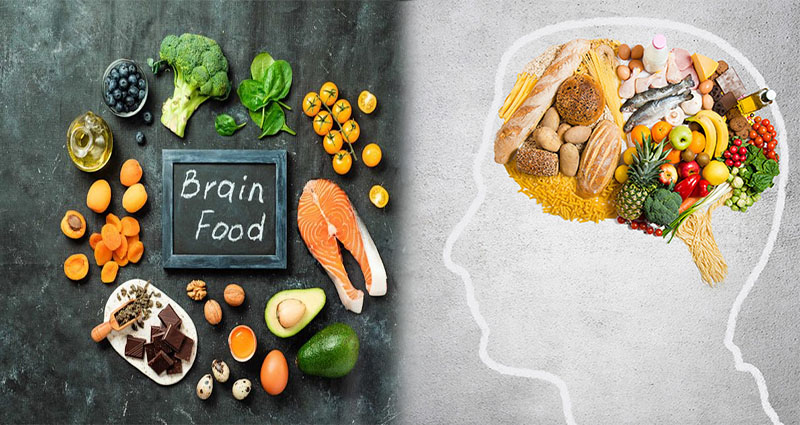Exercise Nutrition and the Brain
The brain responds to exercise by increasing the levels of certain nutrients. For example, exercise increases the levels of the amino acid tryptophan. In addition, it increases the amount of unbound tryptophan and elevates its ratio with BCAA. This, in turn, increases 5-HT concentrations in the brain. These events take place within the brain and can influence an individual’s performance and fatigue.
Neurotrophins
Neurotrophins are key components of the brain, and acute exercise can trigger them. Among these, brain-derived neurotrophic factor (BDNF) is one of the most susceptible to regulation by physical activity. This protein has neuroprotective properties and is involved in neuronal differentiation and synaptic plasticity. In animal studies, BDNF has also been shown to act as a neuroendocrine factor, reducing food intake and improving insulin sensitivity.
Neurotrophin receptors
In recent studies, it has been found that physical exercise can boost levels of neurotrophins, which are a group of … Read More










